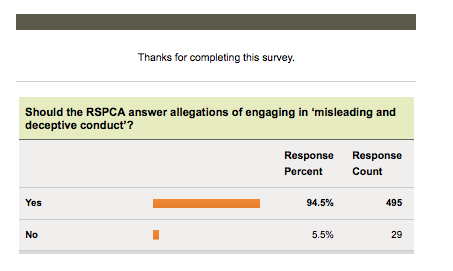Daily Liberal
Lisa Minner
- Lawyer for Companion Animals Anne Greenaway wants to challenge RSPCA NSW CEO Steve Coleman on national television.
LAWYER for Companion Animals Anne Greenaway has put forward a challenge to debate the NSW RSPCA CEO Steve Coleman on television about the statistics within the RSPCA report for 2011.
The lawyer wants to challenge the medical and behavioural reasons for the excessive animal killings occurring daily within the state.
Ms Greenaway is calling for the RSPCA to make the temperament test or behavioural assessment, available to the public.
“I fail to understand how open admission council pounds working with community rescue groups have kill rates under 20 per cent,” she said.
“Yet the RSPCA kill rate is over 50 per cent for cats and dogs combined.”
Ms Greenaway believes the RSPCA may be “engaging in misleading and deceptive conduct with some of the claims they make”.
“I am aware of people who have complained to the Australian Competition and Consumer Commission alleging the RSPCA has engaged in misleading conduct,” she said.
Ms Greenaway recently provided information to SBS program Insight, for an episode aired last week which highlighted kill rates occurring in council pounds and shelters around Australia.
The lawyer hoped the show would make the public more aware of the large numbers of companion animals being killed each year.
“I think the RSPCA also needs to be more transparent with the rescue groups they work with and I would like to know how many animals they released to rescue groups last year.”
The RSPCA have agreed the amount of companion animals being killed each year in Australia is “appalling.”
An RSPCA spokesperson said while figures may appear high, “at a closer glance of 4862 dogs euthanised by the RSPCA in the last financial year, 62 per cent were put down due to behavioural problems and and 35 per cent because of disease and medical conditions”.
RSPCA NSW CEO Steve Coleman said, “Because of our open door policy, we take in animals that are sick, injured, abused, neglected and unwanted.”
“A number of these animals are deemed dangerous or downright cruel to be kept alive,” he said.
“As a result our staff make the difficult decision to euthanise animals on a daily basis.”


